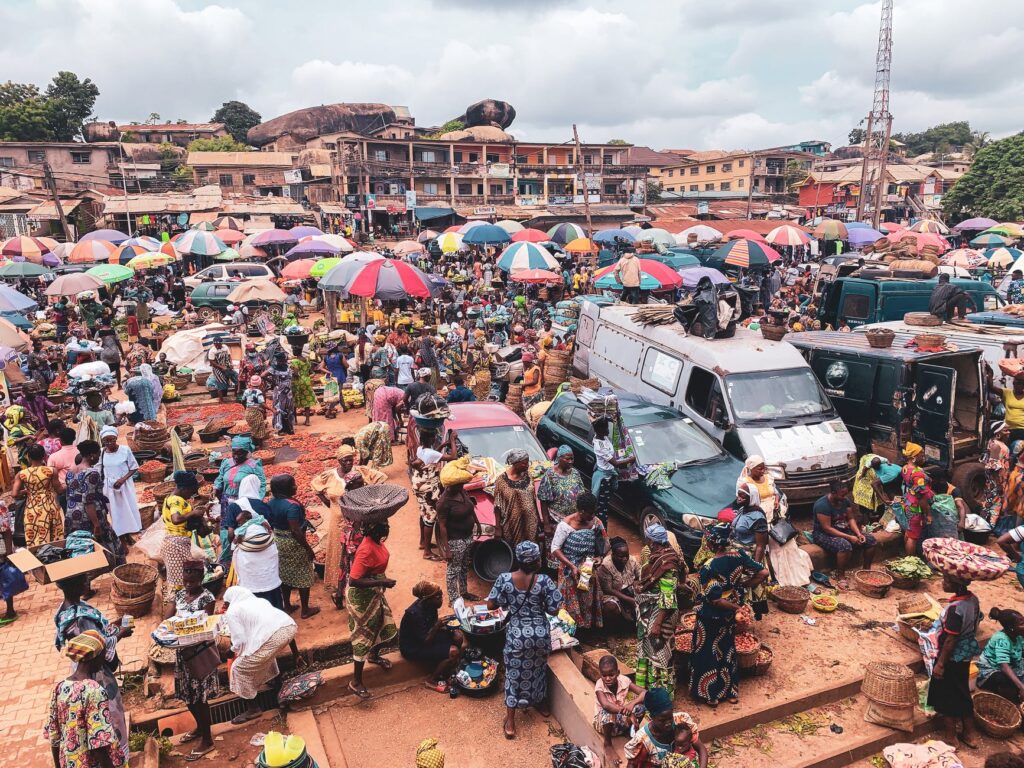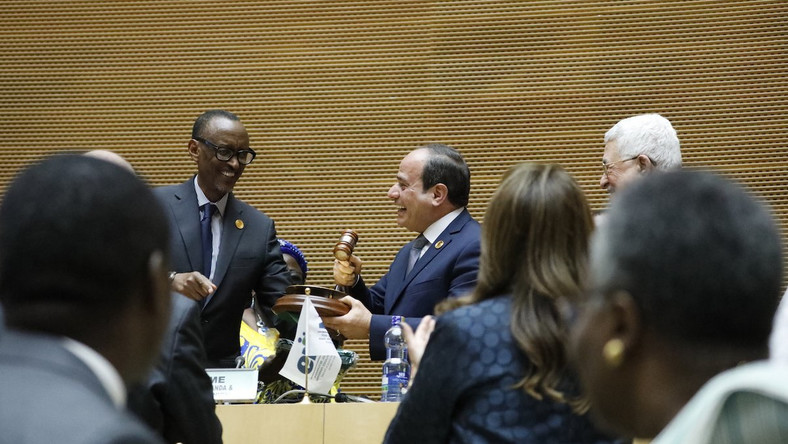Tag: Cyril Ramaphosa
Aftermath Of Deadly South Africa Flood, Causes And Reactions
For the last few weeks, South Africa has been dealing with the worst floods witnessed in recent history. Although there are many speculations on what…
Discussion: Will President Cyril Ramaphosa’s Tactics End High Unemployment Rate In Africa?
How To Avoid Humanitarian Crisis As Tropical Cyclone Batsirai Batters Madagascar
On Feb. 7, 2022, Madagascar, an African island, experienced a devastating cyclone that claimed lives and left a trail of destruction. Cyclone Batsirai swept across…
DISCUSSION: Do You Think The Travel Ban On South African Countries Due To Omicron Was Right?
Prominent Africans—including the AU—have condemned what they termed the developed nations’ rush to ban South Africa and other African countries. The travel ban was announced…
The African Union Has A New Chair And Here Is Where His Primary Focus Will Be
The African Union held its 32nd Summit on February 10, 2019. At the Summit, Member States elected President Abdel Fattah el-Sisi of Egypt as the…
Britain Makes Fundamental Shift In It’s Africa Investment Strategy
British Prime Minister Theresa May said she will make major investments in Africa. While on a three-day tour of the continent, May pledged 4 billion…
GAME CHANGER: 44 Out Of 55 African Leaders Sign Historic Free-Trade Agreement To Boost Economic Growth On The Continent
African leaders have signed an agreement to set up a massive free-trade area. This will help to improve regional integration and boost economic growth across…
South Africa’s President Jacob Zuma Resigns After Pressure From His Party
Durban, South Africa – Jacob Zuma, South Africa’s embattled and controversial president, has announced his resignation in a televised address to the nation. “I have…







